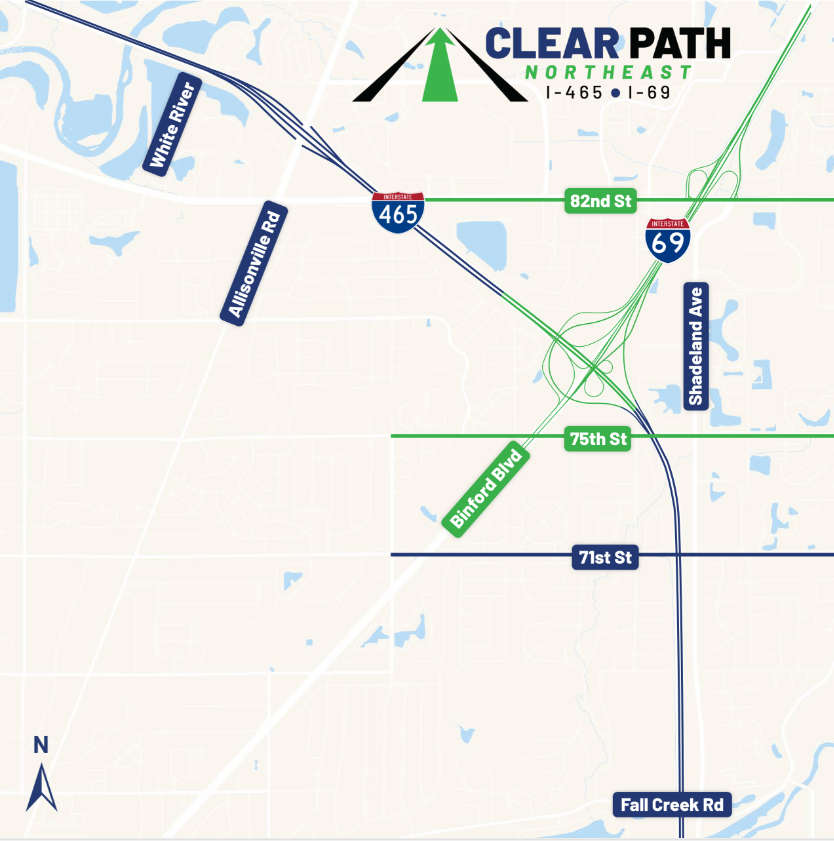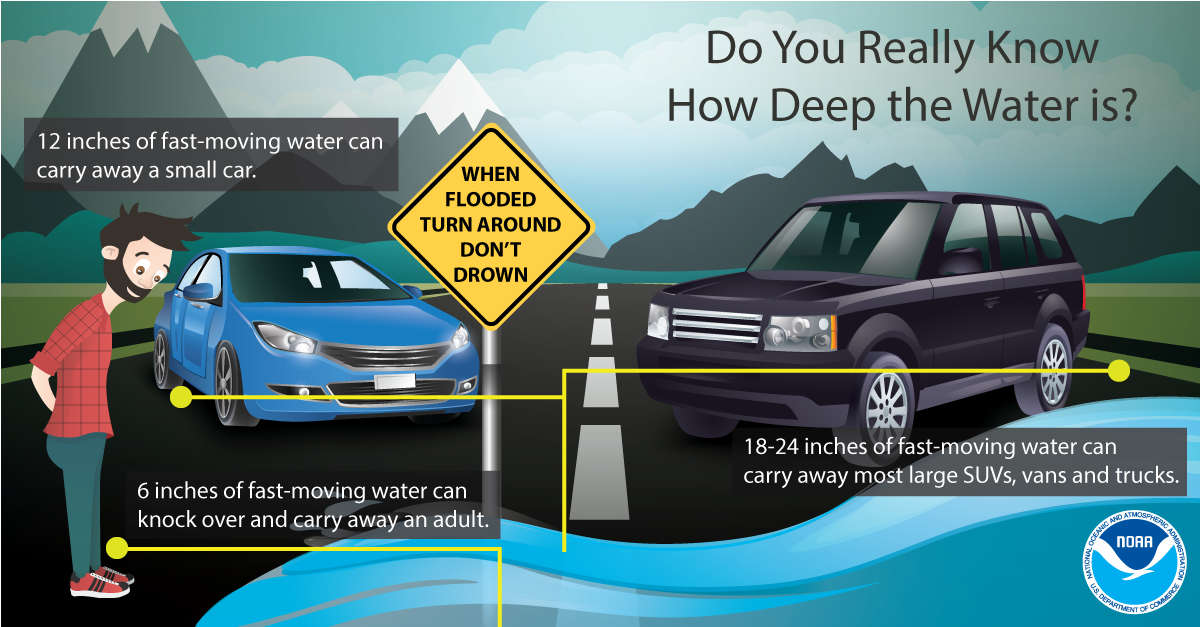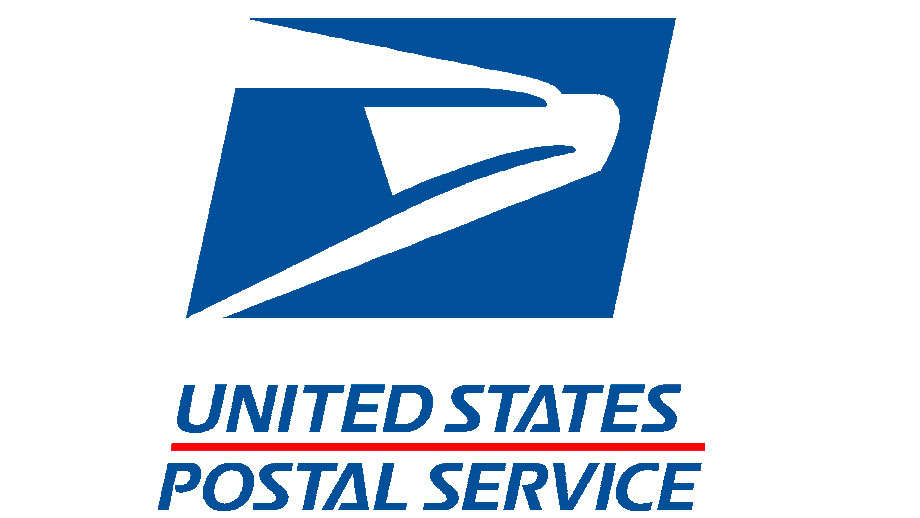
The program was authorized by House Enrolled Act 1015 during the 2023 legislative session
Starting on or after Wednesday, Jan. 1, 2025, INDOT’s worksite speed control pilot program, known as Safe Zones, will be deployed in the current Clear Path I-465/I-69 construction zone on the northeast side of Indianapolis.

The program was authorized by House Enrolled Act 1015 during the 2023 legislative session to protect the lives of motorists and road workers across the Hoosier state. By statute, INDOT may deploy Safe Zones at up to four sites at any given time.
Deployment will begin with a minimum 30-day pre-enforcement warning period during which drivers will receive courtesy notices via mail. The active site on I-70 in Hancock County will be discontinued later this month.
"Speed continues to be a problem in the Clear Path work zone,” said INDOT Commissioner Mike Smith. “We’re consistently seeing speeds in excess of 60, 70 or even 80-plus miles per hour, putting construction crews and other drivers at risk of injury or even death. Our goals are to slow drivers down, reduce crashes and most importantly, save lives.”
Over the past decade, 269 people have been killed in crashes in highway worksites or in worksite backups in Indiana. In 2023 alone, 33 people were killed and more than 1,750 were injured in INDOT work zones
Four out of five people killed in work zones are either drivers or their passengers
Here’s how Indiana Safe Zones works:
Signs will be posted as motorists enter and exit worksites notifying them that speed limits are being monitored by an automated system.
The system will monitor the speed of vehicles using speed timing devices as they pass through work zones. When a vehicle is determined to be traveling 11 mph or more than the posted speed limit, the system will capture an image of the vehicle’s rear license plate. After data is validated, violations will be certified and issued to the owner of the vehicle by mail.
After the pre-enforcement period ends, the first violation will result in a zero-fine warning, the second in a $75 civil fine, and every violation thereafter a fine of $150. In accordance with the statute, collected fines will go into the state’s General Fund.
Workers must be present at the site at the time of the event for violations to be valid.
Similar programs in other states have significantly improved work zone safety. Two years after Maryland launched its program, speeding violations in construction sites fell by more than 80% and incidence of worksite-related crashes, fatalities and injuries were at their lowest in more than 10 years. In the first year that Pennsylvania began continuously enforcing its program, it saw a more than 19% drop in worksite crashes. The first four months of INDOT’s pre-enforcement launch of the program show more than a 70% decrease in excessive speeding.
Data collected by Indiana Safe Zones will be used strictly for this program and will not be used for surveillance or other law enforcement purposes. INDOT will share annual reports throughout the five-year pilot program with members of the Indiana General Assembly and the traveling public.


 Ivy Tech Kokomo to celebrate community impact on Ivy Tech Day, April 8
Ivy Tech Kokomo to celebrate community impact on Ivy Tech Day, April 8
 INDOT prepared for severe weather, widespread flooding through weekend
INDOT prepared for severe weather, widespread flooding through weekend
 Legislation to provide FFA, 4-H students with excused school absences heads to governor
Legislation to provide FFA, 4-H students with excused school absences heads to governor
 USPS calls for customers to help prevent letter carrier dog bites
USPS calls for customers to help prevent letter carrier dog bites
 Logansport man faces more than 100 years in prison following molestation conviction
Logansport man faces more than 100 years in prison following molestation conviction
 Attorney General says GM sold Hoosier drivers on using OnStar - then sold their data to raise rates
Attorney General says GM sold Hoosier drivers on using OnStar - then sold their data to raise rates
 Independent pharmacists urge lawmakers to adopt PBM bill
Independent pharmacists urge lawmakers to adopt PBM bill
 Financial aid available to schools to visit Indiana's state parks
Financial aid available to schools to visit Indiana's state parks




